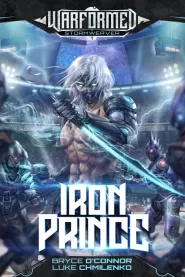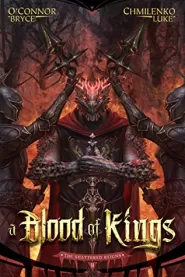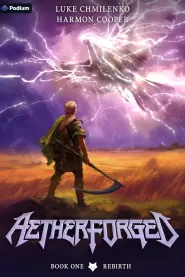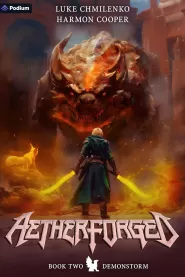When Luke Chmilenko first sat down to write Ascend Online, he wasn’t trying to start a movement—he just wanted to tell the kind of story he’d always wanted to read. A story where the game wasn’t just background noise, but the world itself. Where the stakes were more than loot drops, and choices had lasting consequences. That book, published in 2016, quickly became a defining entry in the LitRPG genre—one that helped shape the virtual battlegrounds readers now devour with fervor.
Raised in Mississauga, Ontario, Chmilenko didn’t come from a literary background. His early career was rooted in IT security—logical, structured, and grounded in real-world systems. But behind that daily grind was a lifelong gamer and worldbuilder, someone who understood how immersive mechanics could be used to explore human dynamics just as deeply as traditional storytelling. It’s that fusion—mechanical precision with emotional stakes—that sets his work apart.
In Ascend Online, Marcus and his friends enter a full-immersion MMORPG expecting adventure. What they get is a harsh, morally complex frontier where players aren't just adventurers—they’re citizens, soldiers, and leaders. This theme—of ordinary people thrust into extraordinary systems—threads through Chmilenko’s body of work, whether it’s the fantasy-forward Legacy of the Fallen or his sci-fi venture Starfall. His stories lean into hard decisions, blurred lines between hero and villain, and the evolving relationships between characters navigating volatile digital worlds.
Chmilenko’s impact goes beyond the page. He’s been a quiet force in legitimizing LitRPG and GameLit as serious storytelling forms, showing that game mechanics and rich character arcs aren’t mutually exclusive. His commitment to his craft—and to the readers who grew with him—has made him a respected figure among fans and fellow writers alike.
Now living in Burlington with his wife and two daughters, Chmilenko writes full-time. The game worlds he builds may be virtual, but the questions they ask—about identity, choice, and consequence—are anything but.

















